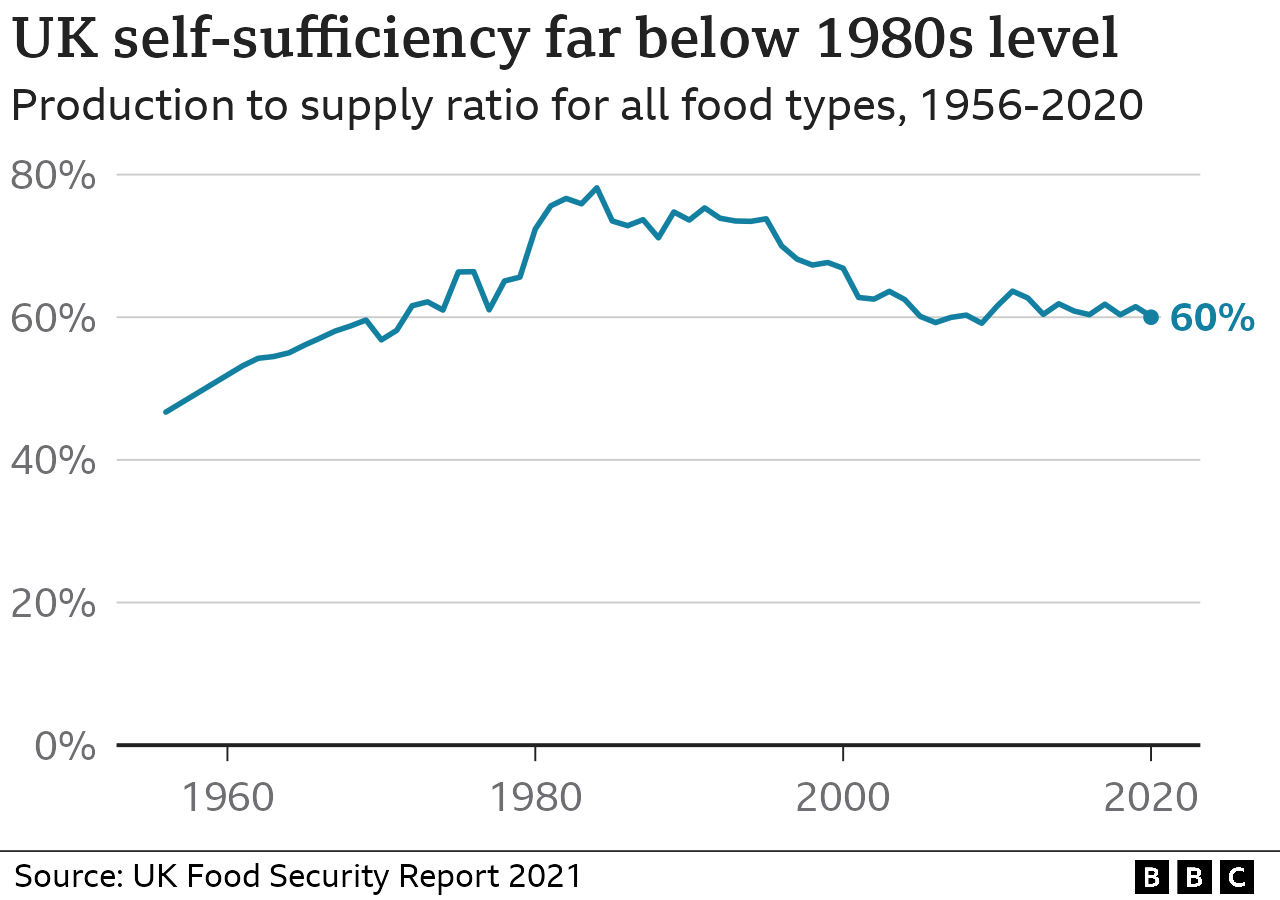Title: Re: Australian industry: High cost, low productivity
Post by Laugh till you cry on Aug 15th, 2024 at 2:33pm
Australian manufacturing has fallen to ~5% of GDP. It was once bigger than the resources industry. Can the government support policy revive a zombie? Are the carpet-baggers lining up for free money? Why don't successful companies like Ansell diverge laterally instead of vertically? The article below implies Australian manufacturing revival won't happen. https://www.aspistrategist.org.au/government-fund-wont-stop-australian-manufacturings-structural-decline/Quote:Government fund won’t stop Australian manufacturing’s structural decline
6 Oct 2020|David Uren
The federal government sees the revival of Australian manufacturing as a matter of economic sovereignty, yet the annual national accounts highlight the enormity of the task it confronts.
The government is establishing a $1.3 billion fund to cover up to a third of the cost of expanding a manufacturing plant to achieve economies of scale and up to half of the cost of projects to integrate products into global supply chains or bring new research into production.
While there have been numerous government subsidy programs for manufacturers over the years, the investment fund concept is new and appears to be modelled on the Clean Energy Finance Corporation which has supported the expansion of solar and wind energy projects.
There is déjà vu in the six priority sectors identified by the government that will be eligible for the new funding, which encompass resources, food and beverages, medical products, recycling and clean energy, defence, and space.
The Abbott government’s 2014 industry plan established ‘growth centres’ for food and agribusiness, mining equipment, energy resources, medical technologies and advanced manufacturing.
Indeed, the revival of manufacturing has been an ambition of successive governments. On being made leader of the Labor Party in 2007, Kevin Rudd memorably declared, ‘I don’t want to be a prime minister of a country that doesn’t make things anymore.’
As it happened, the Rudd government’s first year in office in 2008 marked the peak for manufacturing output, with the sector contributing $119.5 billion to GDP. The annual value of manufacturing production has dropped since then by $14.2 billion (after allowing for inflation).
Manufacturing has been falling as a share of the economy for a lot longer than that, having peaked at more than 25% in the 1970s compared to just 5.5% now, but it’s only over the past 12 years that the sector’s actual output has dropped. Manufacturing was 40% larger than the resources industry, measured by its value added, in Rudd’s first year, but is now only two-thirds its size.
The decline is destined to continue because investment has not even been keeping pace with the depreciation of existing plant and equipment, let alone providing a base for future growth.
The value of machinery and equipment owned by manufacturing companies has fallen by $20 billion, a drop of 26%, since 2008 (again after allowing for inflation). This includes a 14% fall in IT hardware and a 32% drop in other electronic and electric equipment.
This collapse has been precipitated by the iron law of market economies that says money and labour will flow to where the returns are greatest. And, over the past decade and a half, that has been to the resources and services sectors.
The gains from the China-fuelled resources boom are obvious, but a perceptive comment by veteran industry analyst Phil Ruthven highlights the advantages of the services sector over manufacturing:
The money exchanged from the time of production to consumption is much quicker, so there is a multiplier effect. You pay for breakfast in the morning, the waiter spends it visiting a doctor, the GP pays to get his lawn mown, and the gardener goes to the cinema that night. Try making and selling goods four times in a day.
Manufacturing in Australia suffers from inescapable problems of distance from major markets and lack of scale, which mean it cannot overcome the disadvantage of its high labour costs, as do manufacturers in countries like Germany and Japan.
Australian manufacturers are not hooked into the value chains that have reshaped global industry, with components made or assembled in different countries. The iPhone, for example, draws on components produced by 785 suppliers in 31 countries. As much as half of the value of China’s exports is generated in other countries which sell to China for assembly or further processing. For Australia, the import content of our exports is less than 20%.
OECD research shows that to the extent Australian manufacturers form part of global value chains, they provide only the first links, exporting processed raw materials. Businesses do not send goods to Australia for further processing.
The OECD says, ‘Australian manufacturing stands out as overall being less competitive’; it has an edge in only a small number of niches, such as non-ferrous metals, pulp and woodchips, and food and beverages—all low-technology industries.
Competitive high-technology industries in Australia, such as pharmaceuticals, reflect multinational enterprises establishing local content in part to gain access to government procurement. ... |
|
|
